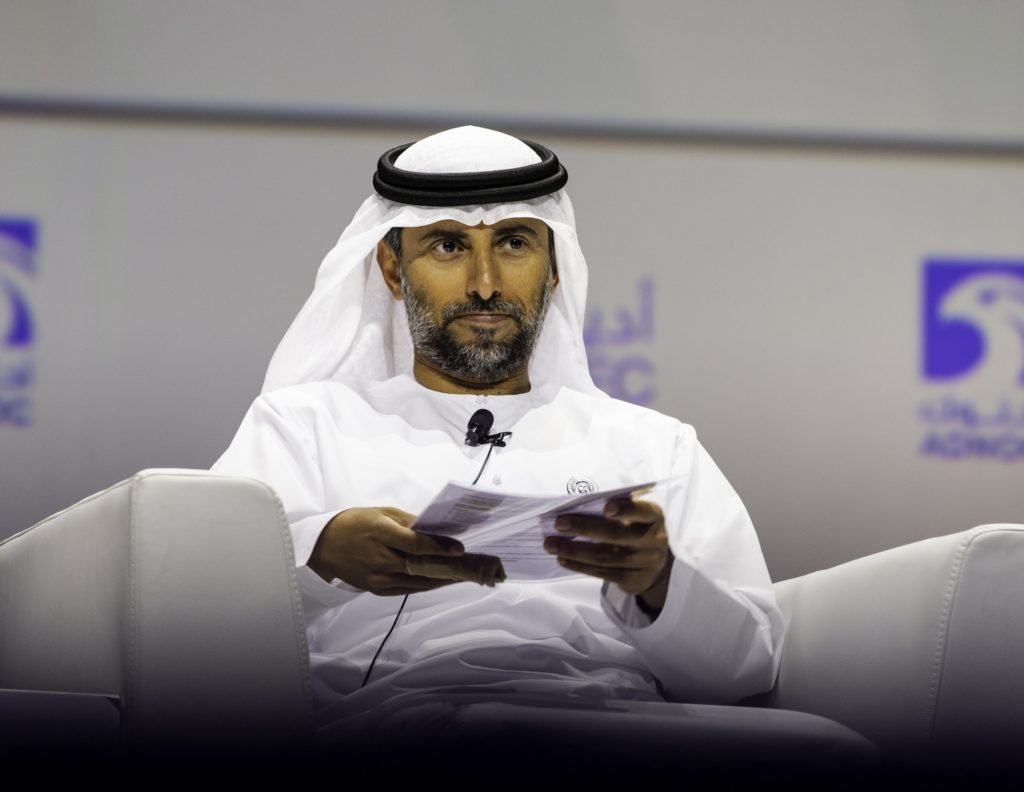
The United Arab Emirates energy minister has defended OPEC+’s decision to cut production as a purely technical move, denying talk of discord and politics.
Minister of Energy and Infrastructure Suhail Al Mazrouei said the UAE “truly trusts and believes” in the decision from OPEC+. The group announced a 2 million barrel per day production cut at a meeting in early October. The reduction, which will be closer to 1.1mn bpd after taking out existing under performance, is due to begin in November.
Al Mazrouei stressed that the decision to cut had been based on an analysis of supply and demand factors. “We are in the same place we were in October 2021, or January before the crisis,” he said, in reference to pricing.
OPEC+ took the decision to cut based on a need for more certainty, he said.
“The lack of stability is driving people not to invest,” he said. “What we need is stability and more investment. I am concerned many countries have lost capacity during the pandemic.”
To tackle the problem will require financial support as well as oil companies, he said.
The UAE is investing in new production, with Adnoc aiming to reach 5mn bpd of production by 2030. Al Mazrouei said there was a mechanism to adjust a country’s baseline production with OPEC, which may allow it to produce more oil in future.
Cleaner barrels
The UAE aims to produce the “cleanest barrel on the planet”, he said. Adnoc has taken an important step in this direction through its aim to secure grid power for its operations.
The company partnered with Emirates Water and Electricity Company (EWEC) in January 2022 in order to secure nuclear and solar power for all of Adnoc’s needs. “We are the first country in the world to do that,” Al Mazrouei said.
The minister said there was a need for new investments in all forms of energy. He raised options to increase efficiency such as integrating countries grids to reduce demand and manage peaks.
Al Mazrouei was speaking at a press conference arranged ahead of the Adipec event, which is due to start in Abu Dhabi on October 31. The minister welcomed the conference plan, saying it offered a platform to discuss the transition.
“We need to discuss the three elements: affordability, sustainability and security. Which one comes first?” he said.

